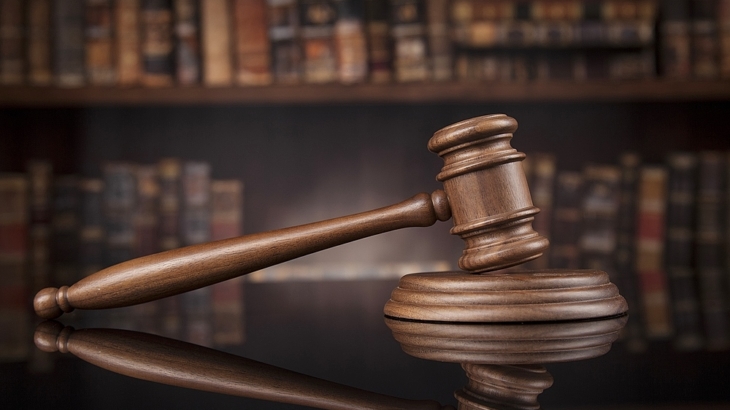Judicial Finality: Is There a Final Word on Constitutional Issues?
LISTEN ON SOUNDCLOUD:
According to the doctrine of judicial finality, the Supreme Court has the last word in interpreting the Constitution unless it changes its mind or the Constitution is amended. This doctrine, widely accepted, has no basis in the historical record. In part, that is because the Court, as with the other political branches, makes mistakes. Chief Justice William Rehnquist expressed the reason quite crisply in Herrera v. Brown (1993): “It is an unalterable fact that our judicial system, like the human beings who administer it, is fallible.” As this article will explain, when the Court errs it can take six or more decades to recognize a judicial error and announce a correction.
Claims of Judicial Finality
Scholars at times attribute to Chief Justice John Marshall a position he did not promote. According to Joel Richard Paul in his book Without Precedent: John Marshall and His Times (2018), Marshall “elevated the dignity of the Supreme Court as the final arbiter of the Constitution’s meaning.” In another study published that same year, The Most Dangerous Branch, David Kaplan states that Chief Justice Marshall in Marbury v. Madison “established that it was the Court that had the last word on what the Constitution meant” and it “has been accepted wisdom since.”
In Marbury, Marshall stated it is “emphatically the province and duty of the judicial department to say what the law is.” Nothing in that phrase makes any claim of judicial finality. It merely states that courts decide cases. One can also say that it is emphatically the province and duty of the elected branches to say what the law is. Nothing in Marshall’s judicial service supports the belief that he regarded the Supreme Court as supreme on constitutional issues. His behavior during the impeachment hearings of Judge John Pickering and Justice Samuel Chase demonstrates that he understood the value of sharing that responsibility with Congress and the President. Marshall wrote to Chase on January 23, 1805, suggesting that members of Congress did not have to impeach judges whenever they disagreed with their legal opinions. Congress could simply reverse objectionable rulings through the regular legislative process. The Court could say “what the law is” but so could Congress.
Consider what he wrote to Chase: “I think the modern doctrine of impeachment should yield to an appellate jurisdiction in the legislature. A reversal of those legal opinions deemed unsound by the legislature would certainly better comport with the mildness of our character than [would] a removal of the Judge who has rendered them unknowing of his fault.” Those are not the words of someone devoted to judicial superiority or finality.
During Marshall’s lifetime, he was well aware that constitutional decisions by the Supreme Court could be reversed by the other branches. In McCulloch v. Maryland (1819), the Court upheld the authority of Congress to create a national bank. That decision did not prevent Congress or the President from reaching a different position at a later date. That is what happened on July 10, 1832, when President Andrew Jackson vetoed a bill to incorporate the bank. He acknowledged that those who supported the bank maintained that “its constitutionality in all its features ought to be considered as settled by precedent and by the decision of the Supreme Court.” He rejected that position. Congress did not override his veto. Aware of Jackson’s action, Marshall had full appreciation of the degree to which the elected branches could reverse constitutional decisions by the Supreme Court. He passed away on July 6, 1835.
Louis Fisher is Scholar in Residence at the Constitution Project. During his four decades with the Library of Congress, from 1970 to 2010, he served as Senior Specialist in Separation of Powers with the Congressional Research Service and Specialist in Constitutional Law with the Law Library of Congress. His 27 books include: Reconsidering Judicial Finality: Why the Supreme Court is Not the Last Word on the Constitution (University Press of Kansas, 2019)
Click Here for the next essay.
Click Here for the previous essay.
Click Here to have the NEWEST essay in this study emailed to your inbox every day!
Click Here to view the schedule of topics in our 90 Day Study on Congress.




Thank you.
It appears that Mr. Fisher has the last word on whether SCOTUS has the last word what the Constitution means. Or does he?
PSD